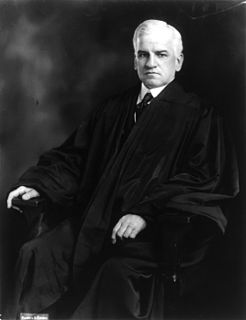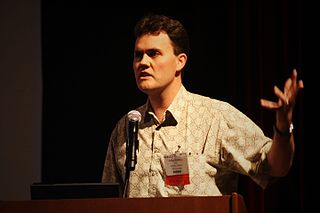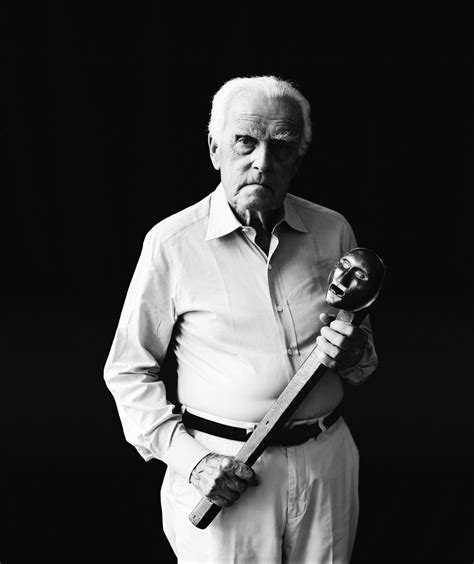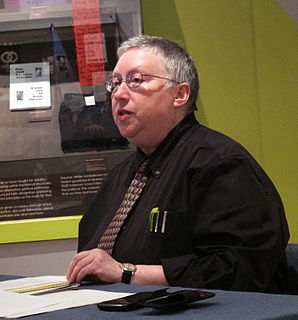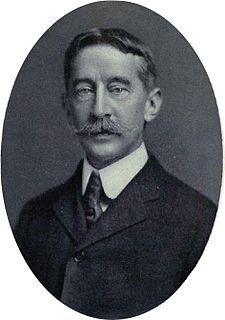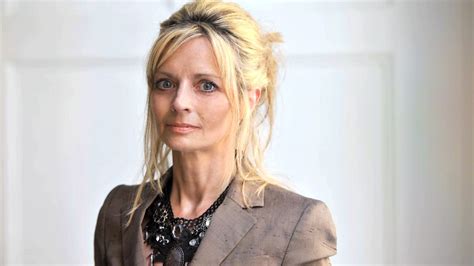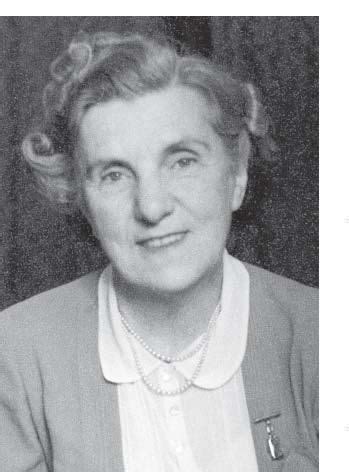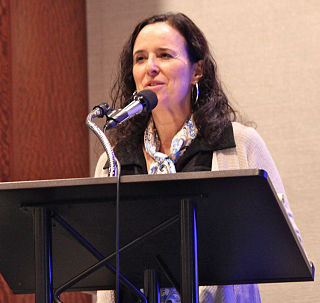A Quote by Arthur Demarest
These strengths, and our civilization in general, have reached an apogee with the end of the apocalyptic threats of the Cold War and the end - or at least waning - of less successful, and ultimately less "just," political and economic systems. At the turn of the 21st century we appear to be entering our greatest century, a golden age. The challenge that we face is similar to that of the Classic Maya civilization: we have set in motion a "runaway train" of success.
Quote Topics
Age
Apocalyptic
Appear
Century
Challenge
Civilization
Classic
Cold
Cold War
Economic
Economic System
Economic Systems
End
Entering
Face
General
Golden
Golden Age
Greatest
Just
Least
Less
Motion
Our
Political
Reached
Runaway
Set
Similar
Strengths
Success
Successful
Systems
Threats
Train
Turn
Ultimately
War
Related Quotes
The possible signs of a coming collapse are the same as the greatest strengths of Western civilization: democracy, capitalism, the generally peaceful linking of world economic systems, our amazing success in harnessing the powers of nature to the betterment of the human condition in health, subsistence, longevity. These are the hallmarks of our society - its most successful elements.
Leadership is the great challenge of the 21st century in science, politics, education, and industry. But the greatest challenge in leadership is parenting. We need to do more than just get our enterprises ready for the challenges of the twenty-first century. We also need to get our children ready for the challenges of the 21st century.
Western Civilization has been in a state of decline since the Edwardian age, say 1910. That was the height of Greco-Roman European civilization. Then there was the First World War. That was the beginning of the end. That civilization has been in a decline ever since. But from the American triumphalist point of view our wonderful electronic revolution is really the forefront of an ongoing wonderful civilization.
I say we have not even had the decency to maintain the assets that our parents and grandparents built for us - our roads, our bridges, our wastewater systems, our sewer systems; by the way, those weren't Bolsheviks, those weren't socialists that built those things for us - much less build the infrastructure we need for the 21st century.
Thanks to the leadership of Vice President Gore, we have a government for the Information Age, once again a government that is a progressive instrument of the common good, rooted in our oldest values of opportunity, responsibility and community, devoted to fiscal responsibility, determined to give our people the tools they need to make the most of their own lives in the 21st century, a 21st century government for 21st century America.
You ask what my conclusions are, rereading my journals and looking back on World War II from the vantage point of quarter century in time? We won the war in a military sense; but in a broader sense, it seems to me we lost it, for our Western civilization is less respected and secure than it was before.
The key strengths of civilizations are also their central weaknesses. You can see that from the fact that the golden ages of civilizations are very often right before the collapse. The Renaissance in Italy was very much like the Classic Maya. The apogee was the collapse. The Golden Age of Greece was the same thing. We see this pattern repeated continuously, and it is one that should make us nervous. I just heard Bill Gates say that we are living in the greatest time in history. Now you can understand why Bill Gates would think that, but even if he is right, that is an ominous thing to say.
To be clear, civilization is not the same as society. Civilization is a specific, hierarchical organization based on 'power over.' Dismantling civilization, taking down that power structure, does not mean the end of all social order. It should ultimately mean more justice, more local control, more democracy, and more human rights, not less.


